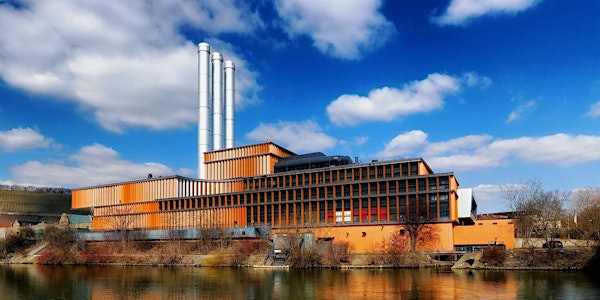
Fact Factories: The travel of facts in the digital age
Date and time
Location
Richard Newton Rooms
Level 5, Electrical & Electronic Engineering (Bldg 193) University of Melbourne, Vic 3010 AustraliaDescription
Dr Heather Ford
University of Leeds
Abstract
Why do some facts about the world become well known and ubiquitous, whereas others are relegated to the status of opinion, or become so mired in controversy that they cannot survive the onslaught that they receive from those opposed to them? Why do bad facts travel far and wide, while good ones are stopped short in their tracks? Who has the greatest power over our factual information when facts are born digital?
At the heart of changes to the environment in which facts must travel today is the increasing ubiquity of software code and its role in the mediation of everyday life. Facts are not knowledge. Knowledge needs to take material form in order for it to be distributed and to have influence beyond its origins. Facts: short, reliable, autonomous representations increasingly take the form of digital objects rather than written statements. These digital objects include images, data visualisations, statistics, hyperlinks – clusters of facts that are wrapped in software code that shapes their representation and dictates their possibilities for travel.
This talk charts the travel of facts across the infrastructure of the Internet, introducing new vocabularies and grammars for the production and appraisal of factual information. Focusing on the travel of facts about the 2011 Egyptian Revolution in the days before Hosni Mubarak resigned as President, I highlight how a new grammar constituted by the interaction between software code, social norms, policies and laws within Wikipedia has created the terrain for facts as they travel through the Internet. The result of a radical decrease in trust accorded to traditional institutions and a turn towards trust in individuals telling what appears to be unmediated truths online, we are witnessing a significant change in how we evaluate authoritative statements about the world. Wikipedia is a reflection of this change. It is a site where editors and readers generate and practice the evolving rules for a grammar that is being used outside of Wikipedia in the evaluation of authoritative statements online. Facts contained within Wikipedia articles, including titles, infoboxes, hyperlinks, category tags and images, are emblematic of the social world in which we are currently living: constantly changing, moving, evolving, multiple and deeply, perhaps irrevocably, connected. Documenting Wikipedia’s evolving vocabularies and grammars is the goal of this project.
About Dr Heather Ford
Dr Heather Ford is a University Academic Fellow in Digital Methods at the School of Media and Communication, University of Leeds.
Prior to commencing postgraduate studies, Heather worked as an Internet rights activist with organisations including Creative Commons, Privacy International and the Association for Progressive Communications. Heather held a variety of roles, including as a web editor for my first job after university with the non-profit, The Electoral Institute of Southern Africa, as an activist and social entrepreneur by co-founding Creative Commons South Africa, the African Commons Project (a non-profit based in South Africa) and as a founding director and executive director of iCommons, and more recently as an ethnographer for the non-profit software company, Ushahidi.
Her previous work experience has shaped her research agenda and has led to take a more critical, reflexive approach to power in new media ecosystems. Over the past five years, Heather worked extensively with Wikipedia and the Wikimedia Foundation, studying verification practices on Wikipedia during international news events, the nature of authority and power on Wikipedia, and the role of software and code in shaping the development of social media environments. Over the past five years, Heather has worked extensively with Wikipedia and the Wikimedia Foundation, studying verification practices on Wikipedia during international news events, the nature of authority and power on Wikipedia, and the role of software and code in shaping the development of social media environments. Her work is grounded in theories of media power, practice theory and the social construction of knowledge in the fields of media and communications, information science and science and technology studies.
Organised by
University of Melbourne's Networked Society Institute (NSI) supports interdisciplinary research on how connectivity between people, places, and things shape our networked society. We host a range of free events across the year around topics of technology, human-computer interaction, virtual reality applications, city planning, digital ethics, cybersecurity and more.